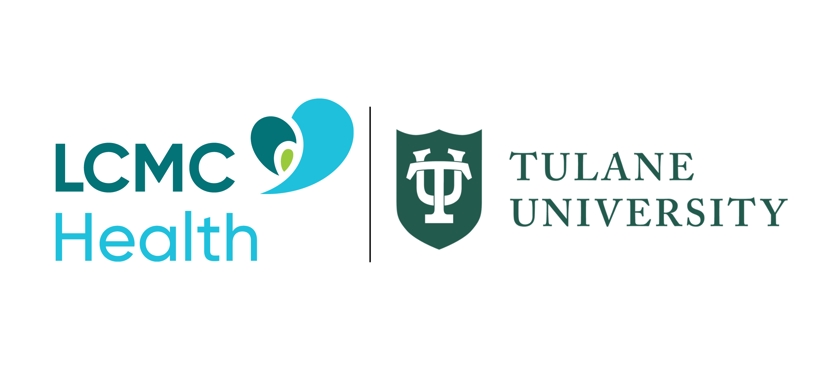SMG Staff receives “Stop The Bleed” training led by University Medical Center
- Posted on:
Mercedes-Benz Superdome and Smoothie King Center among the first professional sports stadiums to receive such training
 New Orleans, LA (November 7, 2017) – Employees from SMG New Orleans underwent “Stop the Bleed” training at the Mercedes-Benz Superdome, led by physicians and medical staff from LSU Health New Orleans and Tulane University School of Medicine. The Stop the Bleed program at University Medical Center, which leads the training, is a joint venture with LSU Health New Orleans and the Tulane University School of Medicine.
New Orleans, LA (November 7, 2017) – Employees from SMG New Orleans underwent “Stop the Bleed” training at the Mercedes-Benz Superdome, led by physicians and medical staff from LSU Health New Orleans and Tulane University School of Medicine. The Stop the Bleed program at University Medical Center, which leads the training, is a joint venture with LSU Health New Orleans and the Tulane University School of Medicine.
Participating in the SMG training were security officers, catering personnel, members of the maintenance staff, and other front-line employees who work to produce professional sporting events, music concerts, and other large-scale special events at the Mercedes-Benz Superdome, the Smoothie King Center, and Champions Square. SMG is among the first professional sporting venues to receive such training. The Mercedes-Benz Superdome is home to the NFL’s New Orleans Saints and the Smoothie King Center is the arena where the NBA’s New Orleans Pelican play their home games.
Massive bleeding from any cause, but particularly from an active shooter or explosive event where a response is delayed can result in death. Similar to how the general public learns and performs CPR, the public must learn proper bleeding control techniques, including how to use their hands, dressings, and tourniquets.
Launched in October 2015 by the White House, “Stop the Bleed” is a national awareness campaign and a call to action. The ‘Stop the Bleed’ course is intended to cultivate grassroots efforts that encourage bystanders to become trained, equipped, and empowered to help in a bleeding emergency before professional help arrives.
 University Medical Center New Orleans offers “Stop the Bleed” classes for free to local organizations and businesses by request. They can also arrange to present the course in the community at schools, churches, businesses, neighborhood meetings, and other locations as requested.
University Medical Center New Orleans offers “Stop the Bleed” classes for free to local organizations and businesses by request. They can also arrange to present the course in the community at schools, churches, businesses, neighborhood meetings, and other locations as requested.
Victims can quickly die from uncontrolled bleeding, within five to 10 minutes. However, anyone at the scene can act as an immediate responder and save lives if they know what to do.
Male paramedic demonstrating how to apply a tourniquet to a female volunteer's bicep Female volunteer explains sign up sheets to male attendee

